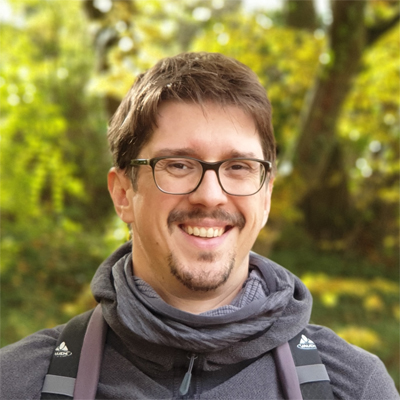Sharing is Caring: The concept of Open Science
Open Science is an ever-evolving concept that seeks to promote access to scientific research outputs, such as data and publications, in an effort to increase transparency, reproducibility, and collaboration. I just read two articles about the FAIR and CARE principles and I really liked them.
What does Open Science mean?
Archaeology, in particular, has been a key area of exploration for Open Science advocates. As a field of inquiry that relies heavily on the collection and interpretation of data, Open Science has been seen as a way to make archaeological research more accessible to a wider audience. This concerns not only Open Access publications, but also repositories like Zenodo that offer easy and free web-space to share data.
Therefore, Open Science in archaeology is defined as the sharing of archaeological data and information with the public and peers or in short: Open Access. For example, many archaeological research projects are now making the data they collect available on the internet. This can be a great way to get the public involved in archaeology and to encourage public engagement with archaeological research. For example the Archaeological Data Service in the UK or similar institutions in other countries. But there is more.
What is FAIR and CARE?
FAIR means Findable, Accessible, Interoperable, and Reusable. The first article describes how FAIR principles can help to make data actually useful, not only for humans, but also for machines (as we usually use them to find our stuff). It has a lot to do with making data available and providing it with good metadata. It all begins with a Data Management Plan and ends with long-term storage. The article lists also the benefits of this approach, not only for the researcher, but for grant agencies or indigenous people as well.
CARE means Collective benefit, Authority to control, Responsibility, and Ethics. The second article describes how FAIR not always means open and inclusive and how CARE can counteract that. This set of principles has a lot to do with ownership over the data, so about who decides what to do with it. One should be aware that when dealing with Cultural Heritage from other cultures, we need to include them in the decision-making process. At least there needs to be a possibility to make the data available to them.
Why is Open Science a good thing?
Open Science is a positive thing for many reasons. Firstly, it provides a platform for collaboration between archaeologists, allowing them to share their interpretations of archaeological data. It also encourages transparency in the research process, as everyone can gain access to both the data and the interpretations, allowing them to better understand the research process. The FAIR and CARE principles as outlined in the two articles help to understand why Open Science is important. I urge you to read them, if you are handling such data. You know, sharing is caring!
3642216
{3642216:YVJ8TNII},{3642216:ZMM7SAJN}
chicago-author-date
50
creator
desc
2240
https://itsmoreofacomment.com/wp-content/plugins/zotpress/
%7B%22status%22%3A%22success%22%2C%22updateneeded%22%3Afalse%2C%22instance%22%3A%22zotpress-f311468af3007bb19d831732a02f560a%22%2C%22meta%22%3A%7B%22request_last%22%3A0%2C%22request_next%22%3A0%2C%22used_cache%22%3Atrue%7D%2C%22data%22%3A%5B%7B%22key%22%3A%22YVJ8TNII%22%2C%22library%22%3A%7B%22id%22%3A3642216%7D%2C%22meta%22%3A%7B%22creatorSummary%22%3A%22Nicholson%20et%20al.%22%2C%22parsedDate%22%3A%222023%22%2C%22numChildren%22%3A1%7D%2C%22bib%22%3A%22%3Cdiv%20class%3D%5C%22csl-bib-body%5C%22%20style%3D%5C%22line-height%3A%201.35%3B%20padding-left%3A%201em%3B%20text-indent%3A-1em%3B%5C%22%3E%5Cn%20%20%3Cdiv%20class%3D%5C%22csl-entry%5C%22%3ENicholson%2C%20Christopher%2C%20Sarah%20Kansa%2C%20Neha%20Gupta%2C%20and%20Rachel%20Fernandez.%202023.%20%26%23x201C%3BWill%20It%20Ever%20Be%20FAIR%3F%20Making%20Archaeological%20Data%20Findable%2C%20Accessible%2C%20Interoperable%2C%20and%20Reusable.%26%23x201D%3B%20%3Ci%3EAdvances%20in%20Archaeological%20Practice%3C%5C%2Fi%3E%2011%20%281%29%3A%2063%26%23x2013%3B75.%20%3Ca%20href%3D%27https%3A%5C%2F%5C%2Fdoi.org%5C%2F10.1017%5C%2Faap.2022.40%27%3Ehttps%3A%5C%2F%5C%2Fdoi.org%5C%2F10.1017%5C%2Faap.2022.40%3C%5C%2Fa%3E.%3C%5C%2Fdiv%3E%5Cn%3C%5C%2Fdiv%3E%22%2C%22data%22%3A%7B%22itemType%22%3A%22journalArticle%22%2C%22title%22%3A%22Will%20It%20Ever%20Be%20FAIR%3F%20Making%20Archaeological%20Data%20Findable%2C%20Accessible%2C%20Interoperable%2C%20and%20Reusable%22%2C%22creators%22%3A%5B%7B%22creatorType%22%3A%22author%22%2C%22firstName%22%3A%22Christopher%22%2C%22lastName%22%3A%22Nicholson%22%7D%2C%7B%22creatorType%22%3A%22author%22%2C%22firstName%22%3A%22Sarah%22%2C%22lastName%22%3A%22Kansa%22%7D%2C%7B%22creatorType%22%3A%22author%22%2C%22firstName%22%3A%22Neha%22%2C%22lastName%22%3A%22Gupta%22%7D%2C%7B%22creatorType%22%3A%22author%22%2C%22firstName%22%3A%22Rachel%22%2C%22lastName%22%3A%22Fernandez%22%7D%5D%2C%22abstractNote%22%3A%22%22%2C%22date%22%3A%222023%22%2C%22language%22%3A%22English%22%2C%22DOI%22%3A%2210.1017%5C%2Faap.2022.40%22%2C%22ISSN%22%3A%222326-3768%22%2C%22url%22%3A%22%22%2C%22collections%22%3A%5B%22TIJ2FR6P%22%2C%22FGFBZ4F8%22%5D%2C%22dateModified%22%3A%222023-03-03T08%3A08%3A18Z%22%7D%7D%2C%7B%22key%22%3A%22ZMM7SAJN%22%2C%22library%22%3A%7B%22id%22%3A3642216%7D%2C%22meta%22%3A%7B%22creatorSummary%22%3A%22Gupta%20et%20al.%22%2C%22parsedDate%22%3A%222023%22%2C%22numChildren%22%3A1%7D%2C%22bib%22%3A%22%3Cdiv%20class%3D%5C%22csl-bib-body%5C%22%20style%3D%5C%22line-height%3A%201.35%3B%20padding-left%3A%201em%3B%20text-indent%3A-1em%3B%5C%22%3E%5Cn%20%20%3Cdiv%20class%3D%5C%22csl-entry%5C%22%3EGupta%2C%20Neha%2C%20Andrew%20Martindale%2C%20Kisha%20Supernant%2C%20and%20Michael%20Elvidge.%202023.%20%26%23x201C%3BThe%20CARE%20Principles%20and%20the%20Reuse%2C%20Sharing%2C%20and%20Curation%20of%20Indigenous%20Data%20in%20Canadian%20Archaeology.%26%23x201D%3B%20%3Ci%3EAdvances%20in%20Archaeological%20Practice%3C%5C%2Fi%3E%2011%20%281%29%3A%2076%26%23x2013%3B89.%20%3Ca%20href%3D%27https%3A%5C%2F%5C%2Fdoi.org%5C%2F10.1017%5C%2Faap.2022.33%27%3Ehttps%3A%5C%2F%5C%2Fdoi.org%5C%2F10.1017%5C%2Faap.2022.33%3C%5C%2Fa%3E.%3C%5C%2Fdiv%3E%5Cn%3C%5C%2Fdiv%3E%22%2C%22data%22%3A%7B%22itemType%22%3A%22journalArticle%22%2C%22title%22%3A%22The%20CARE%20Principles%20and%20the%20Reuse%2C%20Sharing%2C%20and%20Curation%20of%20Indigenous%20Data%20in%20Canadian%20Archaeology%22%2C%22creators%22%3A%5B%7B%22creatorType%22%3A%22author%22%2C%22firstName%22%3A%22Neha%22%2C%22lastName%22%3A%22Gupta%22%7D%2C%7B%22creatorType%22%3A%22author%22%2C%22firstName%22%3A%22Andrew%22%2C%22lastName%22%3A%22Martindale%22%7D%2C%7B%22creatorType%22%3A%22author%22%2C%22firstName%22%3A%22Kisha%22%2C%22lastName%22%3A%22Supernant%22%7D%2C%7B%22creatorType%22%3A%22author%22%2C%22firstName%22%3A%22Michael%22%2C%22lastName%22%3A%22Elvidge%22%7D%5D%2C%22abstractNote%22%3A%22%22%2C%22date%22%3A%222023%22%2C%22language%22%3A%22English%22%2C%22DOI%22%3A%2210.1017%5C%2Faap.2022.33%22%2C%22ISSN%22%3A%222326-3768%22%2C%22url%22%3A%22%22%2C%22collections%22%3A%5B%22TIJ2FR6P%22%2C%22FGFBZ4F8%22%5D%2C%22dateModified%22%3A%222023-03-03T08%3A38%3A59Z%22%7D%7D%5D%7D
Nicholson, Christopher, Sarah Kansa, Neha Gupta, and Rachel Fernandez. 2023. “Will It Ever Be FAIR? Making Archaeological Data Findable, Accessible, Interoperable, and Reusable.”
Advances in Archaeological Practice 11 (1): 63–75.
https://doi.org/10.1017/aap.2022.40.
Gupta, Neha, Andrew Martindale, Kisha Supernant, and Michael Elvidge. 2023. “The CARE Principles and the Reuse, Sharing, and Curation of Indigenous Data in Canadian Archaeology.”
Advances in Archaeological Practice 11 (1): 76–89.
https://doi.org/10.1017/aap.2022.33.
TAGS







